Do you really know what's in a calorie?
Calories: The wonderful truth your doctor won't tell you
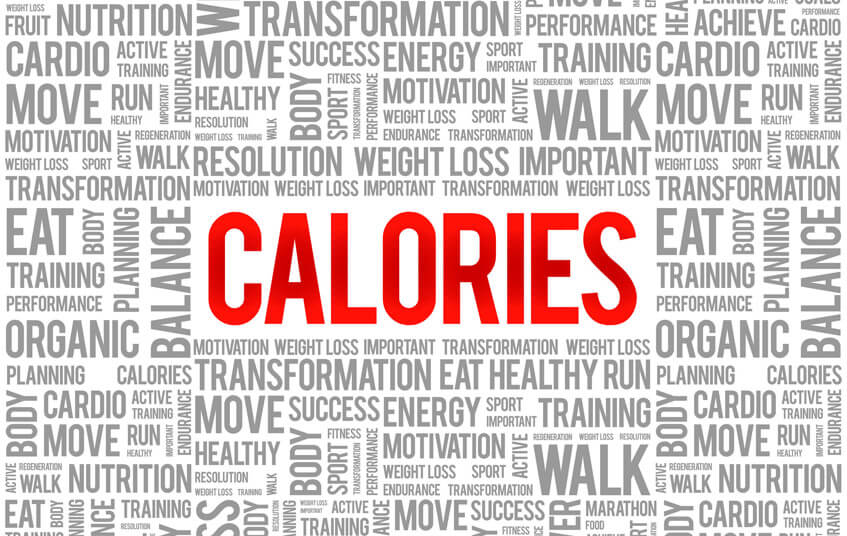
Share
Do you really know what's in a calorie?
Counting calories or calories counting?
For years we've been told if you want to lose weight, cut down your calorie intake and weight loss will automatically ensue.
This popularly held belief comes from the traditional view of calories being solely a source of energy, with any excess you don't use for your energy requirements, turning to the demon of fat and eventually obesity.
In my view any modern diet plan must look at a new definition of calories.
What's the traditional definition of a calorie?
*A calorie is the amount of energy (or heat) needed to increase the temperature of one gram of water by 1 degree Celsius.
1000 calories = 1 kilocalorie, so it is the energy it takes to raise the temperature of 1kg of water by 1 degree Celsius. In everyday language we normally refer to kilocalories as Calories.
And the equation goes - cut down calories = lose fat
Not anymore - The wonderful truth
So, rather than simply a unit of energy you either burn off or store as fat, calories should be viewed as source of 'information'. They contain instructions for every biological function taking place in your bodies!
Calories contain different sets of instructions for your gene expression, hormones, immune system, metabolism, gut flora and fat storage mechanisms.
Did you know?
There are many different types of calorie including fat calories, sugar calories, carbohydrate calories, protein calories, fibre calories and alcohol calories that all have different functions.
Rather than counting calories you should track all the different nutrients to make sure you get the right mix while losing weight.
What's the story?
6 different calories walk into a pub. The landlord says “sorry but due to health and safety regulations, we only serve energy sources in here that combat obesity.”
The fat calorie pipes up “excuse me but I should be allowed a drink as I protect neurons, form the membranes of your 37.2 trillion cells, feed your cerebral cortex, speed up your metabolism and switch off hunger cravings. And only after all that will I turn to fat!”
“Ok fine” says the landlord, a little surprised at this information, and gives the fat calorie a drink
The unrefined carbohydrate calorie chips in with “I should be allowed a drink as I provide a steady supply of energy for your muscles and brain, contribute to your DNA formation and I will make you feel full, so very little of me is left over to turn to fat. However my cousin 'refined' carbohydrates can turn to fat much quicker than me.”
“Ok great” says the landlord and gives the unrefined carbohydrate calorie a drink.
Then the protein calorie chimes with “forgive me, but most of what I do is build billions of new cells for your muscles, organs and bones, and only turn to fat once I’ve done all of that."
“Ok sounds good” says the landlord and gives the protein calorie a drink.
“I can do better than that” says the fibre calorie, “all I do is clean up your intestines and carry nutrients to your colon, and I am a big fat ZERO calorie”
“Excellent” says the landlord and pours the fibre calorie a large drink.
“That’s all very well” blurts out the sugar calorie, “but I will give you a much faster energy boost than that lot!” “Oh really” says the landlord “and what happens then?”
“Ummm, well if you must know I will turn to fat, fat and more fat, sorry” said the now dejected sugar calorie. “And what’s worse my cousin ‘high fructose corn syrup’ has just arrived and he only turns to fat!”
“No drinks for either of you” said the now disapproving landlord.
“Right what about you” said the landlord turning to the alcohol calorie.
“Well in reasonable amounts I will give you energy, with any excess being passed through you to stop any unwanted toxification.
“Hmm just a small one for you” said the landlord, who was a supporter of the drink responsibly campaign.
Moral
"We need a program that recognises that all calories are most definitely not created equal."
David Kirchhoff the CEO of Weight Watchers
If you are going to count calories, count what they do for your organs, bones, brain, cells, metabolism and fat storage mechanisms, before setting your targets.
Count more than just calories with a food diary. It’s been proven that losing weight is easier to
achieve if you keep a food diary.
With the food tracker on www.checkyourfood.com it’s easy to input your food every day and the simple traffic lights report system lets you know at a glance how you are doing.
Sources
Dr Mark Hyman – Eat Fat Get Thin
The Linus Pauling Institute
The Open University - Cells and Nutrition
checkyourfood.com
Love this? Get blogs and more in your inbox
Subscribe to receive our blogs plus each weeks featured ingredient, recipe and nutrient in your inbox
Thank you for registering

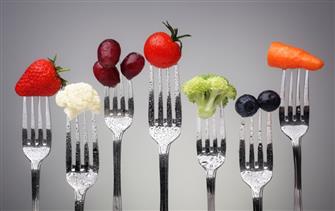 About nutrients
About nutrients
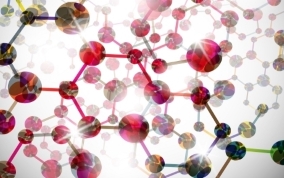 All nutrients
All nutrients
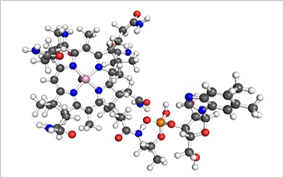 vitamins
vitamins
 minerals
minerals
 phytochemicals
phytochemicals
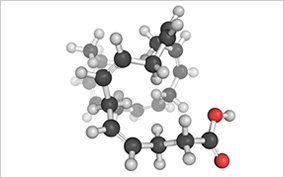 fatty acids
fatty acids
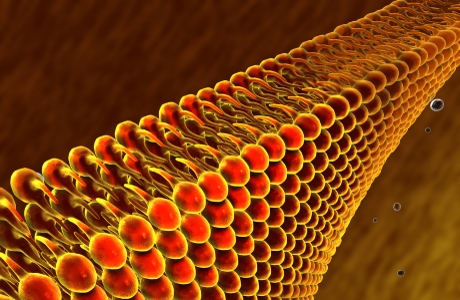 macronutrients
macronutrients
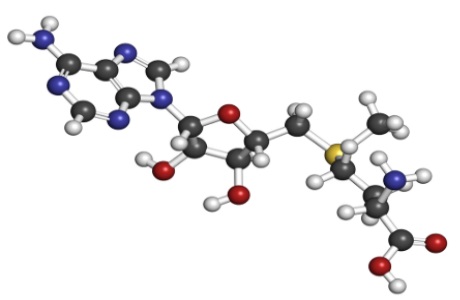 amino acids
amino acids




